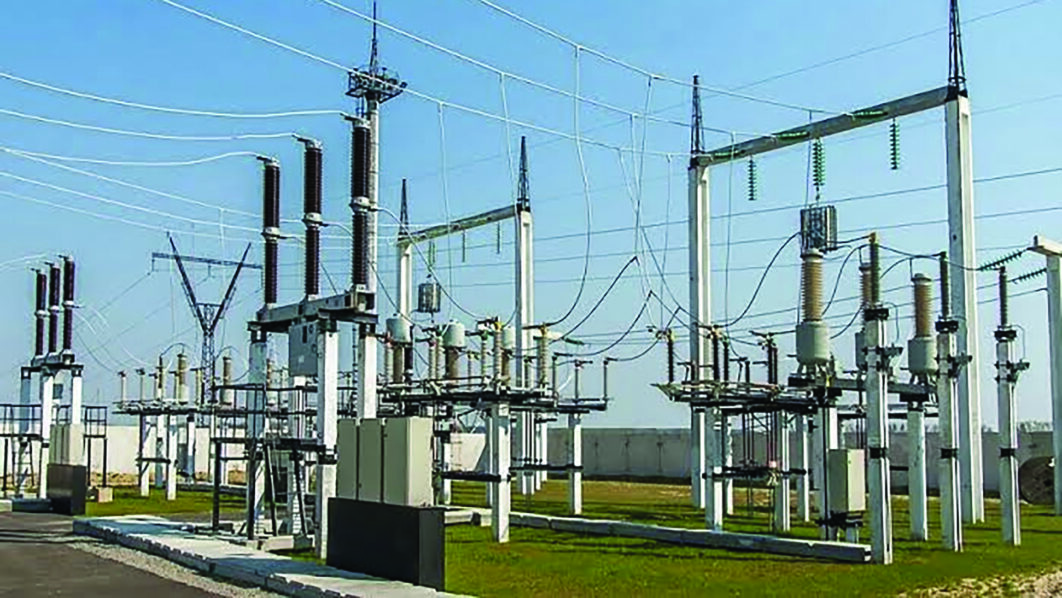Nigeria’s already strained energy sector suffered another blow as the national power grid collapsed on Tuesday, marking the 10th major failure since the beginning of 2024.
The collapse, confirmed by electricity distribution companies (DisCos), left many regions without power, exacerbating widespread frustration among citizens and businesses.
As of Thursday at 11 a.m., output from the nation’s 22 power plants dropped sharply to 2,323 megawatts and even plummeted to 0.00MW at certain times, compared to a peak generation of 3,743MW earlier that day.
In a statement, the Ikeja Electric Distribution Company (IKEDC) informed its customers: “Dear Esteemed Customer, please be informed that we experienced a system outage today, 7 November 2024, at 11:29 hrs, affecting supply within our network. Restoration of supply is ongoing in collaboration with our critical stakeholders. Kindly bear with us.”
Despite assurances, no detailed update has been provided by the Transmission Company of Nigeria (TCN), deepening concerns over the resilience of the country’s power infrastructure. Energy analyst Dr. Musa Ahmed attributed the frequent grid collapses to systemic challenges.
READ ALSO: Nigeria in darkness as national grid collapses again, eight times in 2024
“Our grid infrastructure is antiquated and under-maintained. Without substantial investment and structural reforms, we are bound to see more disruptions,” he noted.
Civil engineer and energy policy expert, Ifeoma Adigwe, emphasized that the chronic instability of power generation is more than an inconvenience.
“Every collapse translates to lost economic output. Small businesses, which form the backbone of our economy, cannot sustain such unpredictable energy supply,” she said.
The recent incident is yet another setback as the government faces mounting pressure to fulfill its promises of energy reform and improved grid reliability.
Analysts urge that decisive measures, such as diversifying energy sources and enhancing grid modernization, are crucial for sustainable progress.
Without immediate action, experts warn, the persistent failures could continue to erode public trust and hinder economic growth, keeping Nigeria from harnessing its full potential as an emerging economic leader.

 Latest5 days ago
Latest5 days ago
 Trends6 days ago
Trends6 days ago
 Business1 week ago
Business1 week ago
 Football1 week ago
Football1 week ago
 Football7 days ago
Football7 days ago
 Health1 week ago
Health1 week ago
 Featured1 week ago
Featured1 week ago
 Business1 week ago
Business1 week ago

